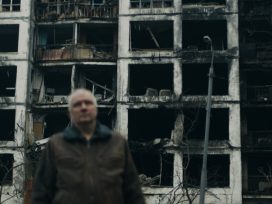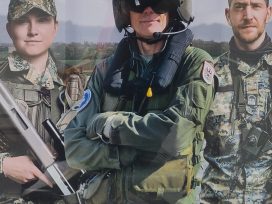Putin’s sick political imagination
Driven by imperial fantasies, historical nostalgia and resentment towards the West, Putin has plunged both Ukraine and his own country into the nightmare of fratricidal war.
A person with a sick imagination can create serious problems for those around them. A person with a sick political imagination at the head of a militarily powerful, nuclear-armed state can cause unfathomable disaster for neighbouring countries and the world at large.
This is what is happening right now with Russia’s full-scale invasion of Ukraine.
The Kremlin leadership has declared a criminal war to ‘protect Russian national interests’. But what are Russian national interests? The answer to this question is particularly challenging given that in Russia the line between national interests and group interests is completely blurred.
This opacity is generated by the character of the current Russian elite. The Kremlin ruling group represents a specific blend of political and economic power – vlastesobstvennost’, to use the Russian neologism. This symbiosis of politics and business – the so-called Russia Inc. – creates a situation in which the state has virtually no autonomy from the interests of the individuals who run it.
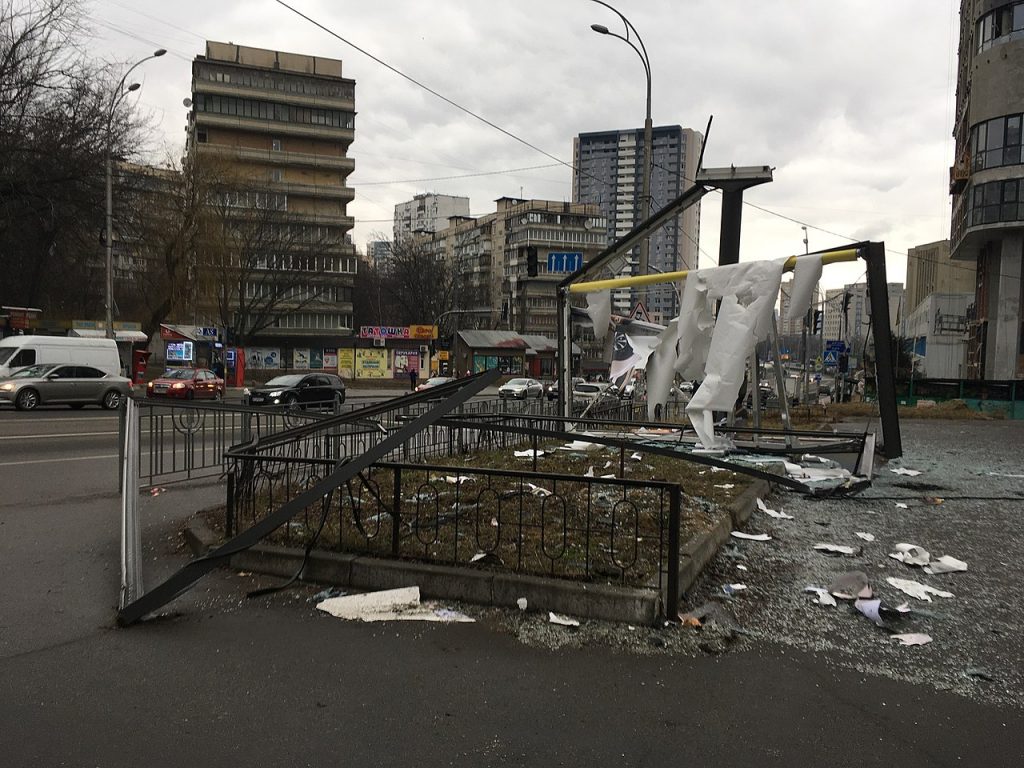
The consequences of a missile strike on Kyiv Photo by Arrikel via Wikimedia Commons
We are once again witnessing the interrelationship between domestic politics aimed at strengthening the Kremlin’s personalistic-authoritarian regime and its irrational and aggressive international conduct. At both levels, the Putin regime’s political philosophy is shot through with an etatist ideal: privileging the interests of a mammoth, centralized state over and against individual rights and liberties; and championing Russia’s great-power status in the international arena.
Putin’s understanding of Russian history is deeply flawed. He appears genuinely unable to distinguish between the Russian Empire, the Soviet Union and the Russian Federation. For him, the country he presides over is the 1000 year-old ‘historical Russia’ – a timeless polity whose history began in Kyiv on the banks of the Dnieper. In 1991, this ‘historical Russia’ suffered a humiliating defeat at the hands of the perfidious ‘West’. Since that fateful moment, the collective ‘West’ – the United States and the European Union – has capitalized on Russia’s weakness and illegally appropriated prized chunks of Moscow’s ‘historical patrimony’.
Ukraine plays a central role in this twisted narrative, presenting a specific confluence of historical, geopolitical and identity issues. It is not because it would pose a military threat to Russia that Ukraine cannot be allowed to join NATO. Not a single serious military analyst believes that an individual NATO member, let alone the entire alliance, would threaten nuclear-armed Russia. What really bothers Putin is the prospect of Ukraine’s gradual reformatting along European lines through its increasing association with Euro-Atlantic institutions.
In Putin’s sick political imagination, ‘westernisation’ would deprive ‘historical Russia’ of its control over a huge and valuable piece of real estate. It would significantly diminish the sphere of the ‘Russian world’, in which Russians and the Ukrainians are ‘one people’, and prevent Moscow to right the wrongs of the inglorious end of the Cold war.
He appears to feel he is in a race against time: the stronger Ukraine’s European ties become, the more unlikely that Moscow will ever be able to return Kyiv to its fold. Driven by his imperial fantasies, historical nostalgia and resentment towards the West, Putin has decided to act without delay. Having cast his (and his minions’) interests as the national interests of Russia, he has plunged both Ukraine and his own country into the nightmare of fratricidal war.
Published 25 February 2022
Original in English
© Igor Torbakov / Eurozine
PDF/PRINTIn collaboration with
In focal points
Newsletter
Subscribe to know what’s worth thinking about.
Related Articles
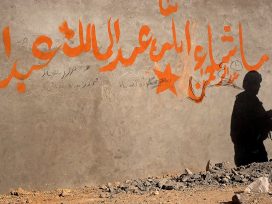
From Bosnia to Afghanistan, the neoliberal peace-building model has compounded conflicts and inequalities by eroding the core function of states. But in Ukraine, the co-optation of the recovery process by private economic interests is being taken to a whole new level.
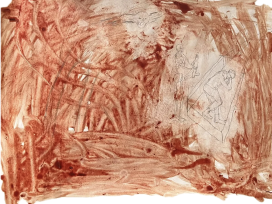
Artist Marharyta Polovinko’s creativity persisted in a tormented form through her experiences as a soldier on the Ukrainian frontline. The words of a recently called-up fellow creative and young family man provide a stark reminder that the Ukrainian military is buying Europeans time.

